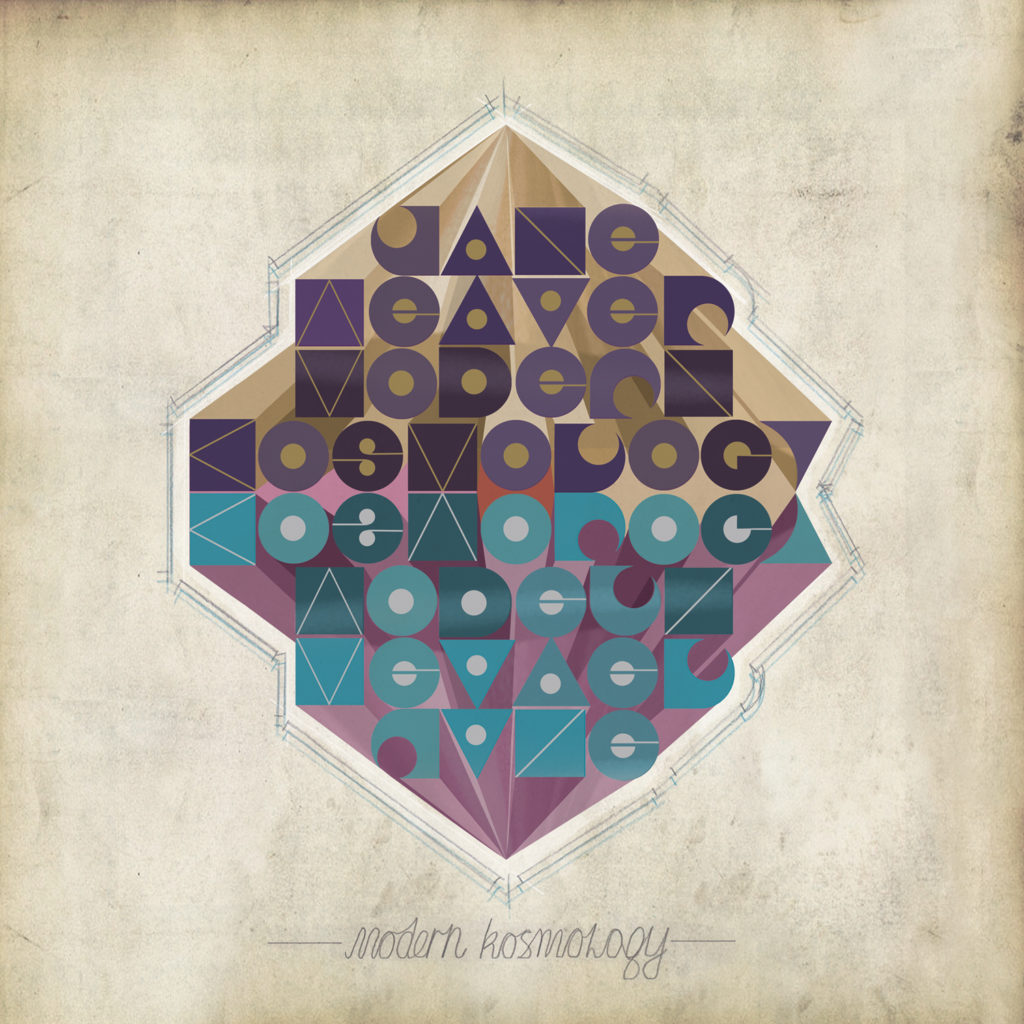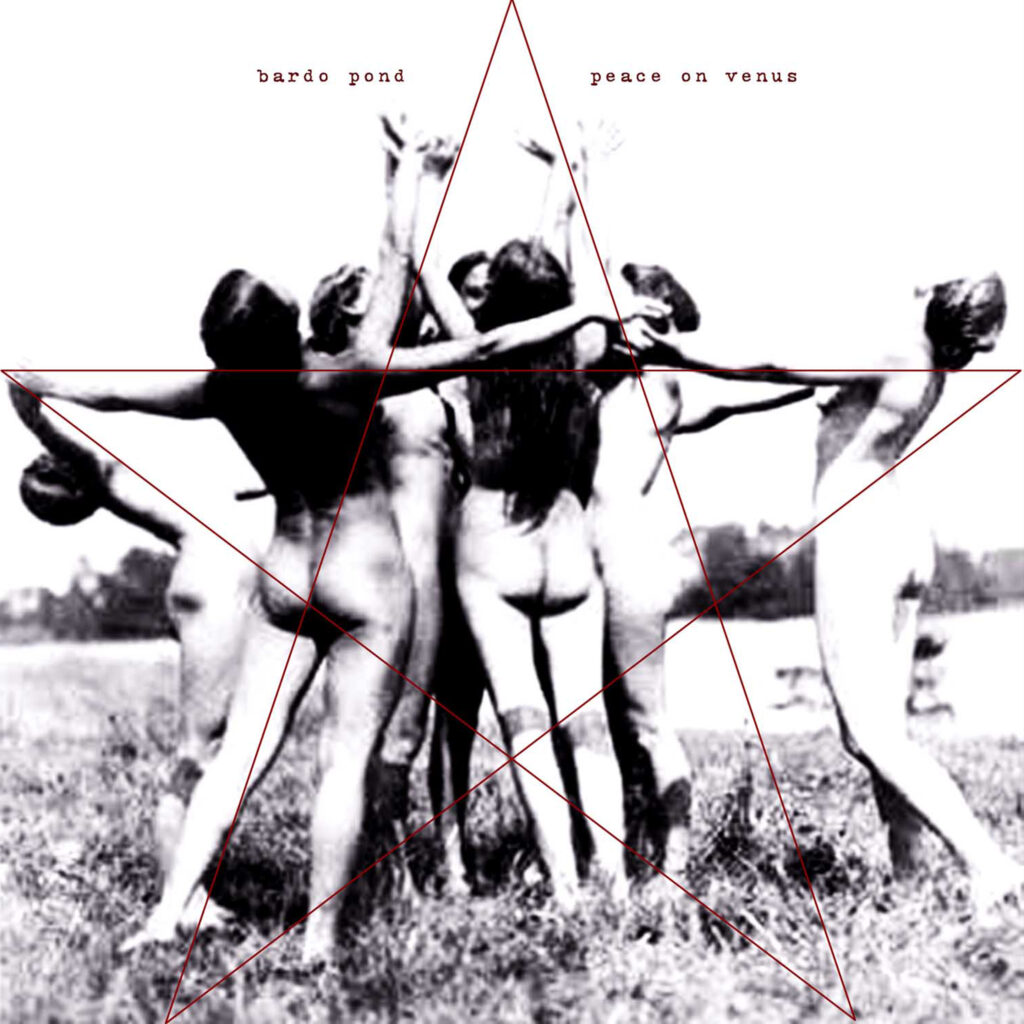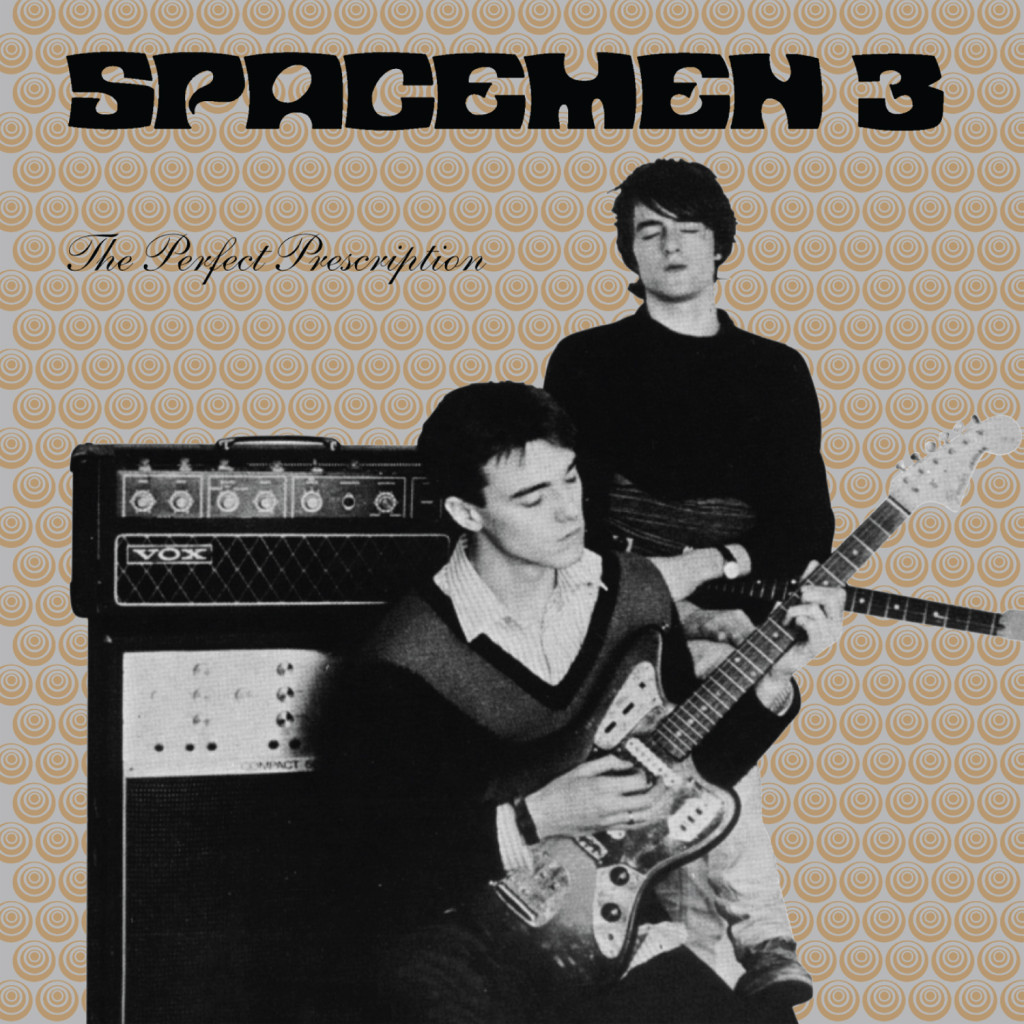“Fire has been at the forefront of the evolving shape of psychedelia for four decades.” Treble Zine
Treble Zine have selected us as their Label Month and to celebrate they picked 10 favourite albums from our catalogue, including Faten Kanaan, Vanishing Twin, Jane Weaver, Decisivie Pink, Bardo Pond, Bark Psychosis and more.
TREBLE: “Fire Records is 40. Formed in 1984 by Clive Solomon and Jonny Waller, the UK-based label began with a handful of forward-thinking records in the post-punk underground, quickly developing a roster of bands steeped in psychedelia and carrying that thread on for four decades up to the present. It’s been home to legends like Spacemen 3 and Pulp, more recently releasing standout records by the likes of Jane Weaver and Vanishing Twin, and has likewise picked up legends ranging from Guided by Voices to Kristin Hersh as well as reissuing the catalogs of Pere Ubu and Black Lips. As the groundbreaking imprint celebrates its anniversary, we tip our hat with 10 of our picks for the best Fire Records albums.”
Blurbs written by Jeff Terich (JT), Greg Hyde (GH) and Konstantin Rega (KR)















